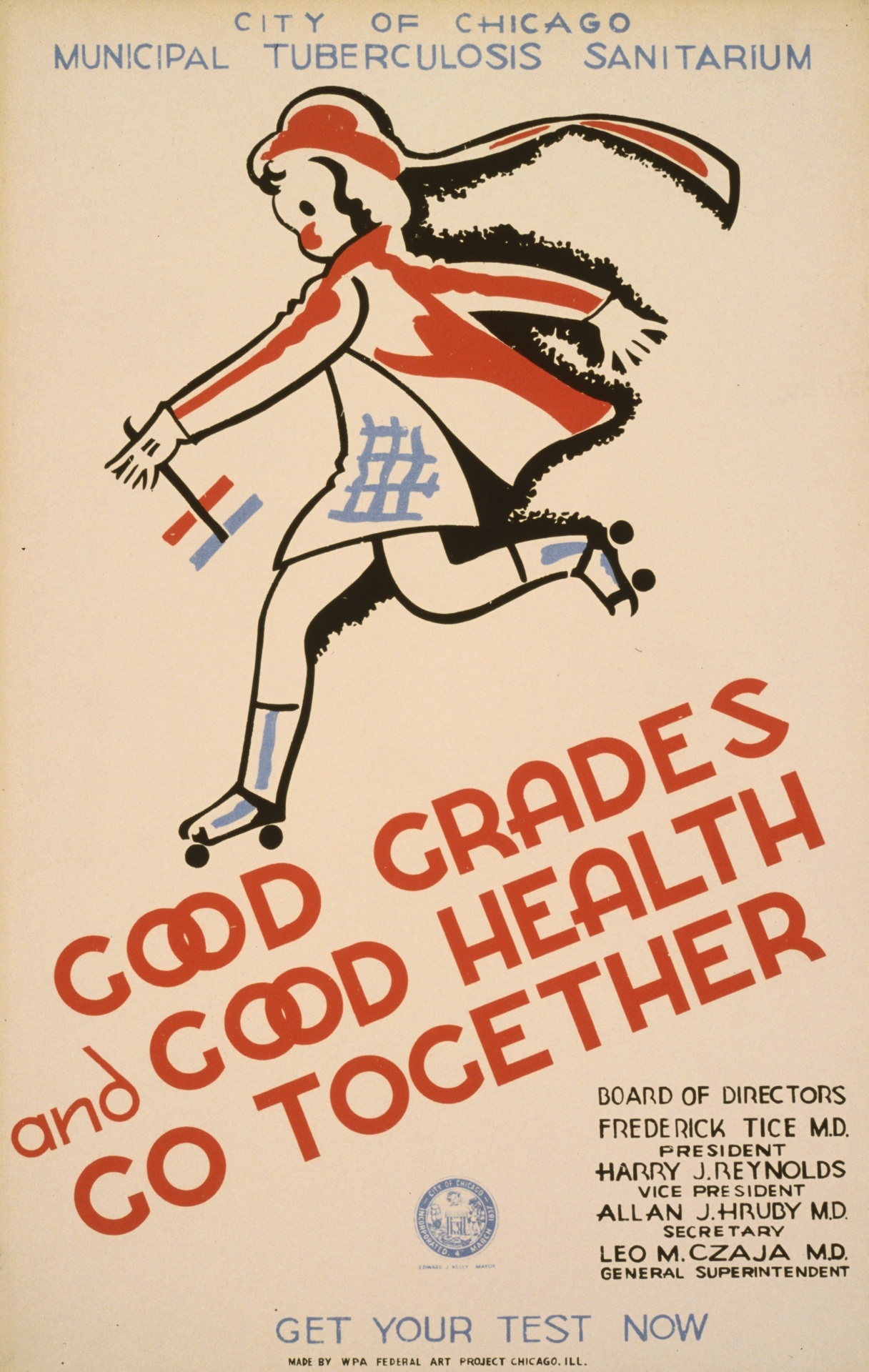4
OctoberKids Love Chiang Mai Mountain Resorts
Introduction:
Marijuana, also called cannabis or grass, is one of the most trusted illicit drugs globally. With an escalating push for legalization in many nations, it is necessary to know the potential risks related to marijuana addiction. This report is designed to offer a comprehensive breakdown of marijuana addiction, showcasing its impacts on people and community.
Marijuana Addiction: Definition and Prevalence:
Marijuana addiction, often referred to as cannabis utilize disorder (CUD), is a disorder characterized by a person's compulsive marijuana usage despite experiencing unfavorable consequences. In line with the World Drug Report 2021 published because of the us workplace on medication and Crime, approximately 5.7 million individuals worldwide experience cannabis disorders. This staggering figure emphasizes the necessity to address this developing concern.
 Psychological and Physical Effects:
Psychological and Physical Effects:
The psychoactive ingredient in cannabis, delta-9-tetrahydrocannabinol (THC), affects the brain's reward system, leading to addictive actions. Constant cannabis use can cause numerous emotional impacts such as impaired memory, reduced focus, and altered wisdom. In addition, actual results include breathing dilemmas, increased heartrate, and possible lung damage from cigarette smoking.
Dependency and Withdrawal Symptoms:
Regular cannabis usage can lead to dependency, with individuals experiencing detachment symptoms upon cessation. These signs may include irritability, anxiety, sleeplessness, losing appetite, and intense cravings for marijuana. The severity and length of time of withdrawal symptoms can vary depending on the amount of addiction and specific elements.
Impact on Psychological State:
Marijuana addiction is normally connected to mental health problems. Studies have shown an elevated danger of developing psychological illnesses such despair, anxiety, and psychosis among hefty marijuana people. More over, people with pre-existing psychological state problems may go through worsened symptoms due to prolonged marijuana use, exacerbating their general wellbeing.
Social Ramifications:
Marijuana addiction not merely affects people but features broader Personal trainer chiang mai implications also. Prolonged cannabis usage may cause impaired cognitive functioning, affecting academic and work-related performance. In addition, addiction can stress connections with buddies, family, and peers, leading to social isolation. It could also increase the possibilities of doing dangerous actions and criminal activities, further affecting societal well being.
Treatment and Intervention:
Managing cannabis addiction typically involves a variety of behavioral interventions, guidance, and support groups. Cognitive-behavioral therapy (CBT) is oftentimes useful to help individuals know causes, develop dealing techniques, and change addictive behaviors. Additionally, inspirational interviewing and community-based programs provides important support throughout the healing process.
Conclusion:
Marijuana addiction is a concerning concern that needs attention from health providers, policymakers, and community in general. It is essential to recognize the potential dangers of cannabis usage, specially the improvement addiction. Marketing community awareness, very early input, and use of effective treatments are necessary measures in mitigating the negative consequences of marijuana addiction. Just by handling this dilemma comprehensively can we work at a healthier plus well-informed community.

